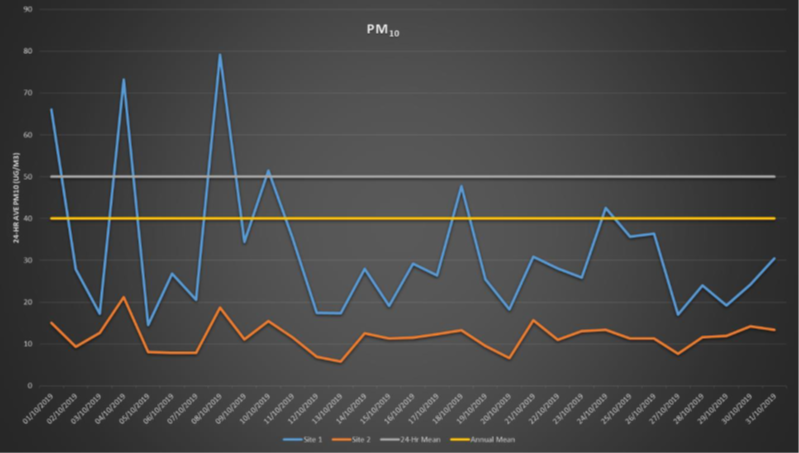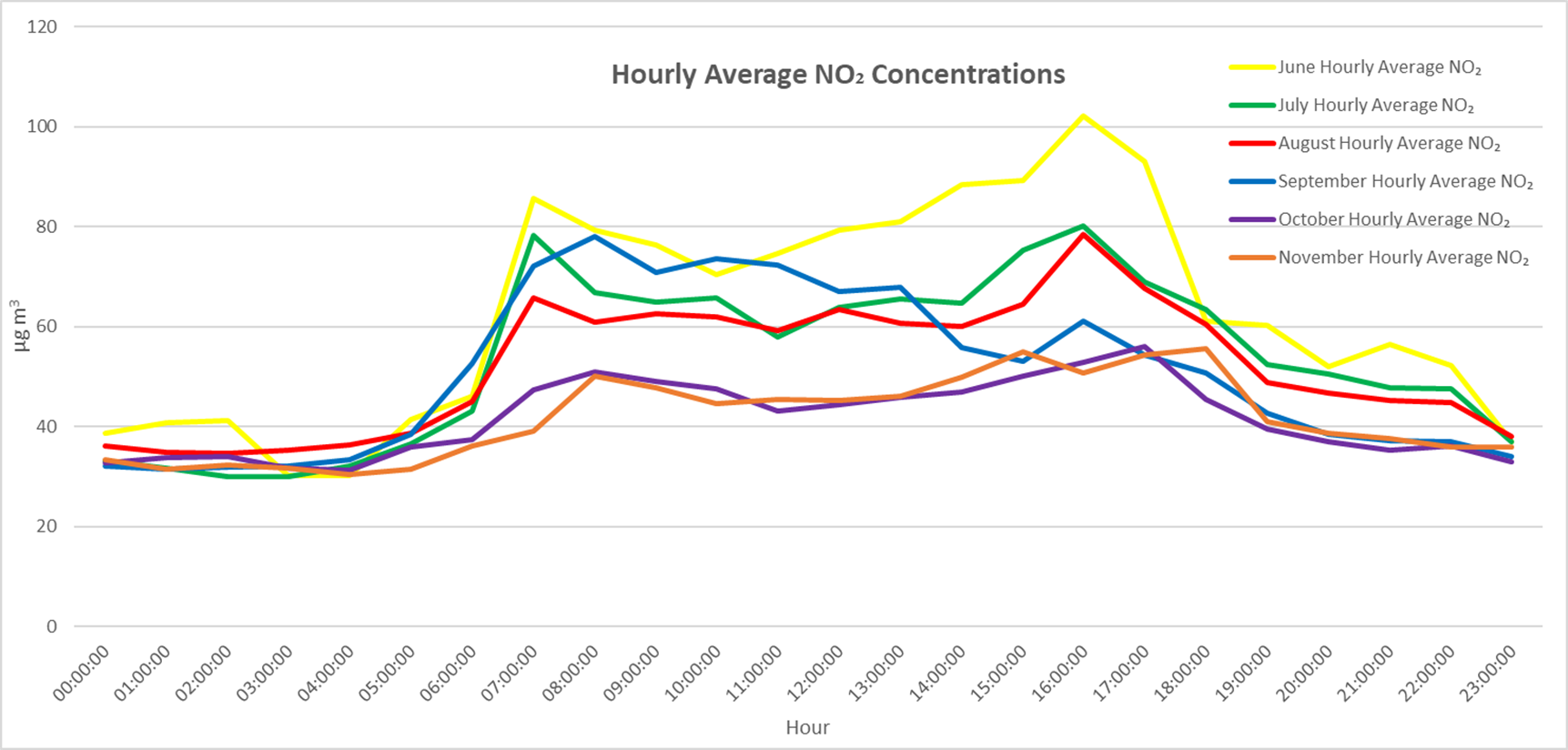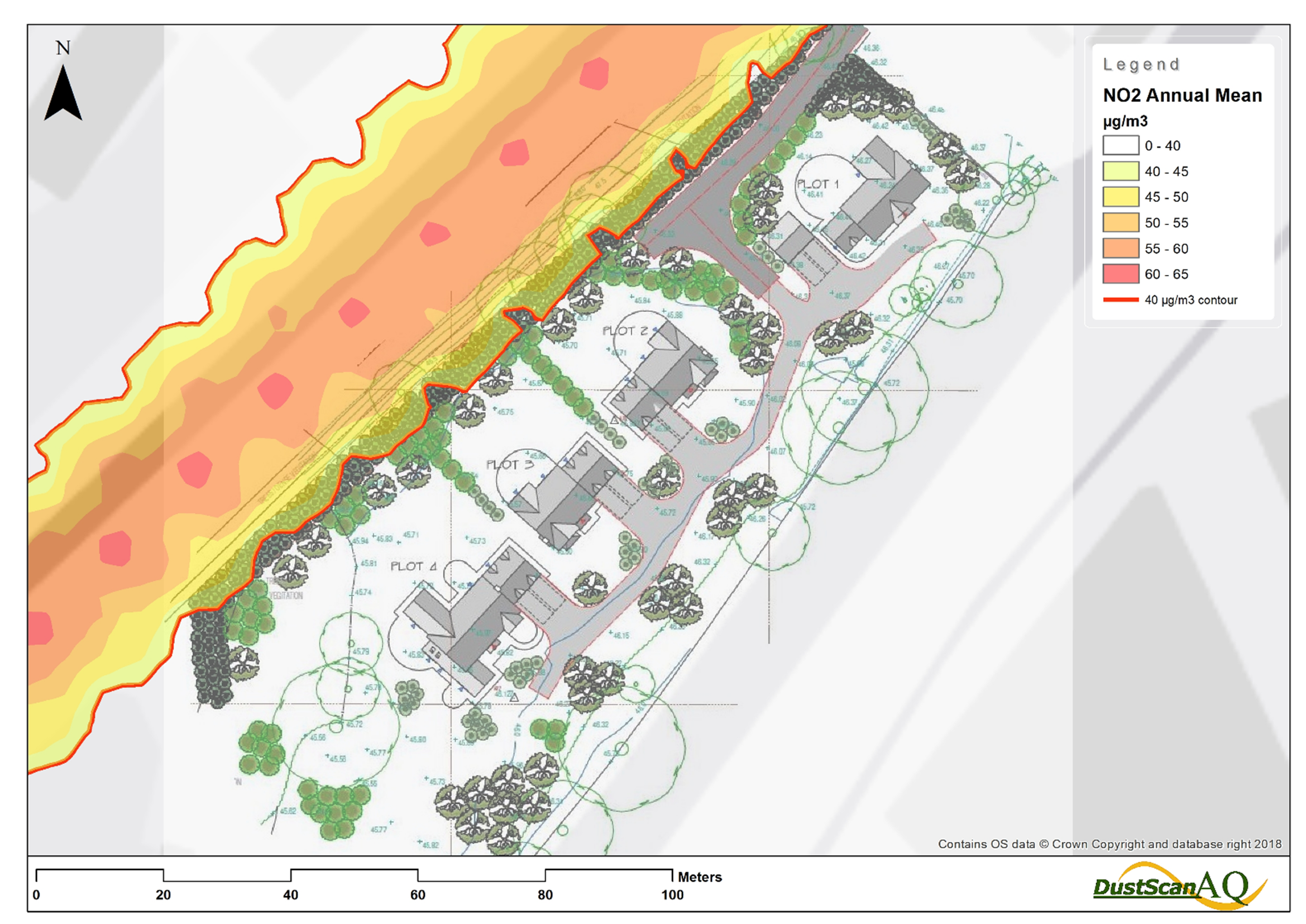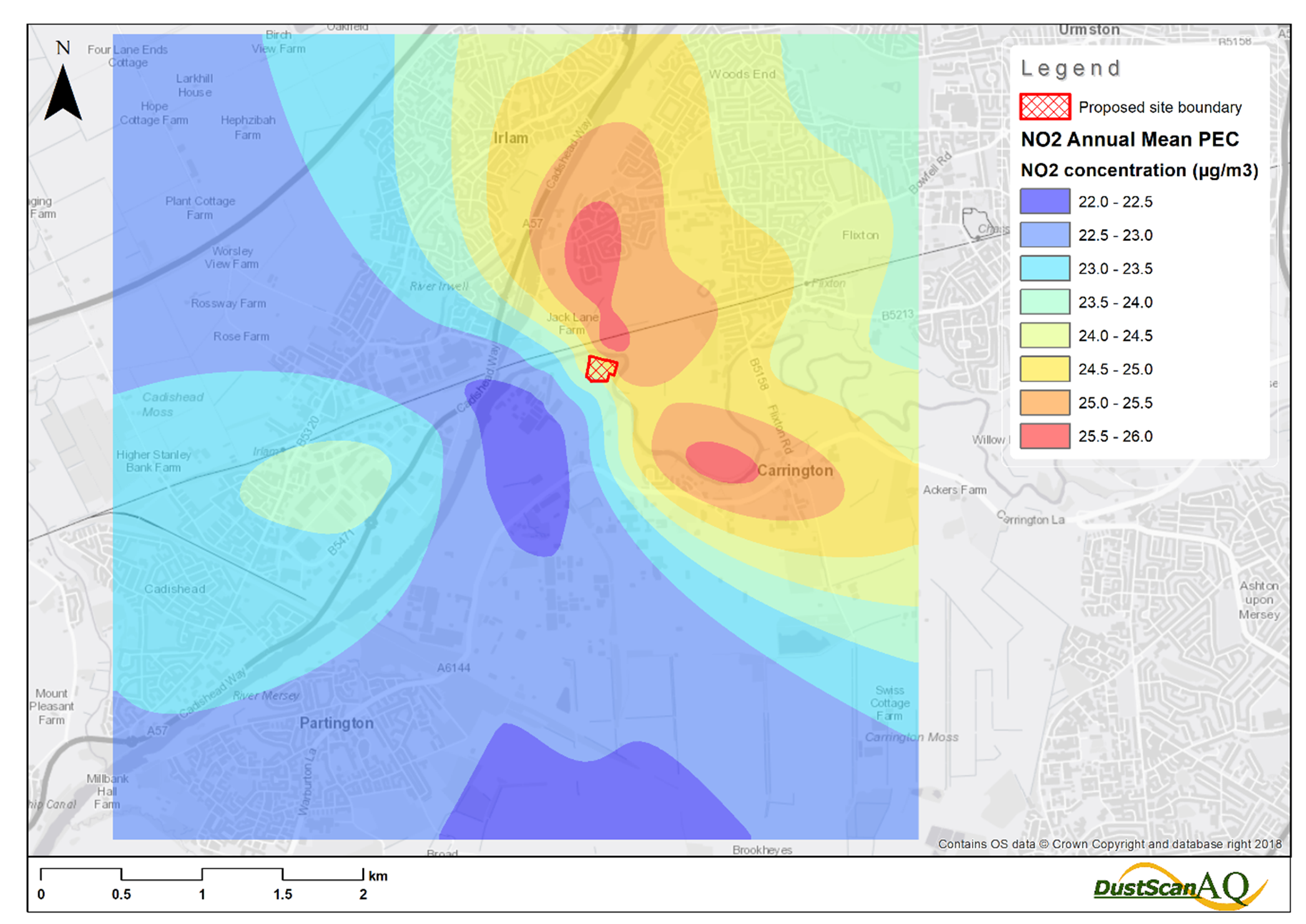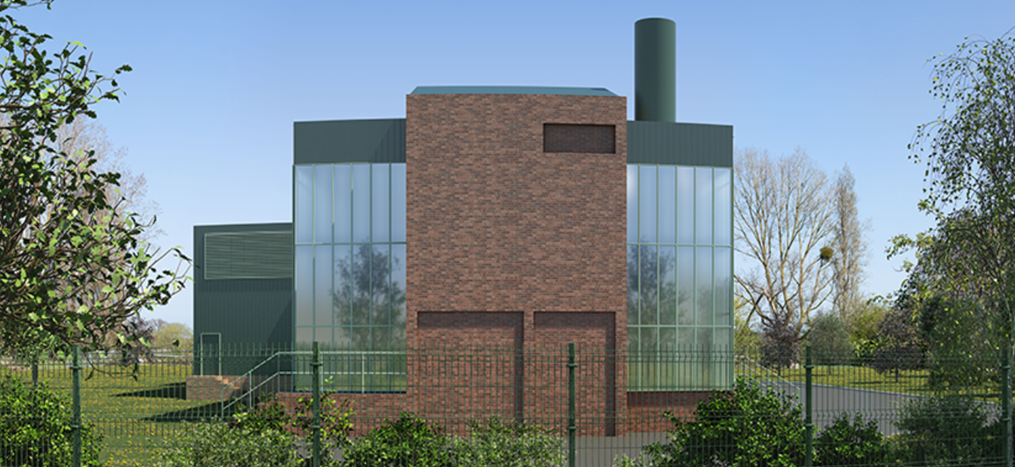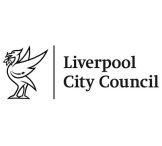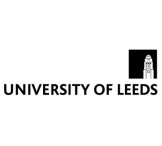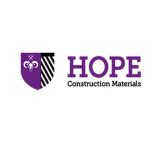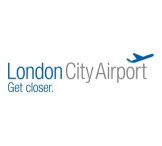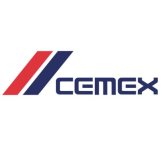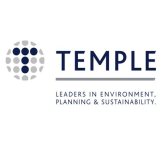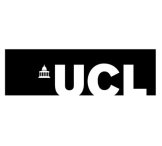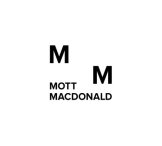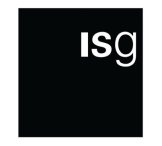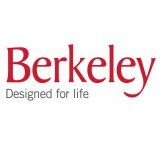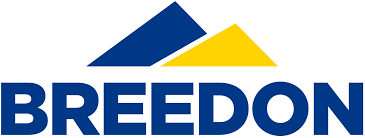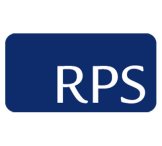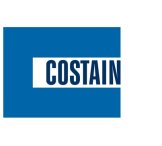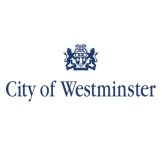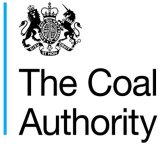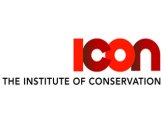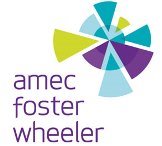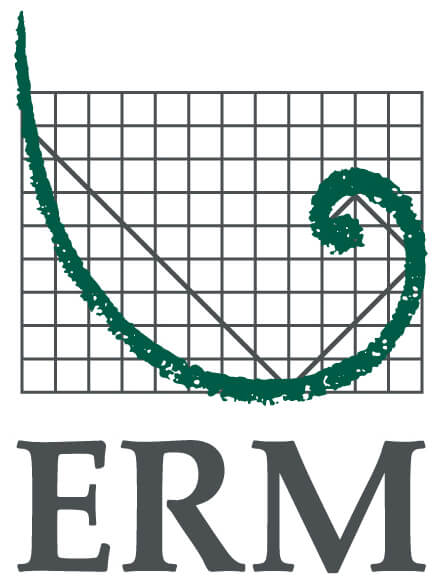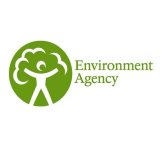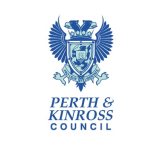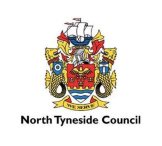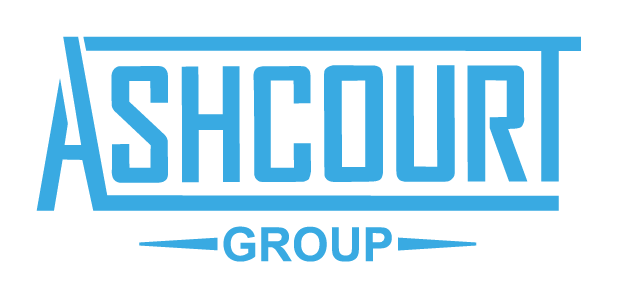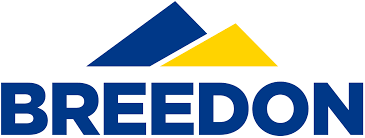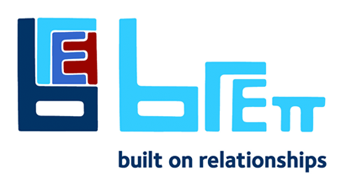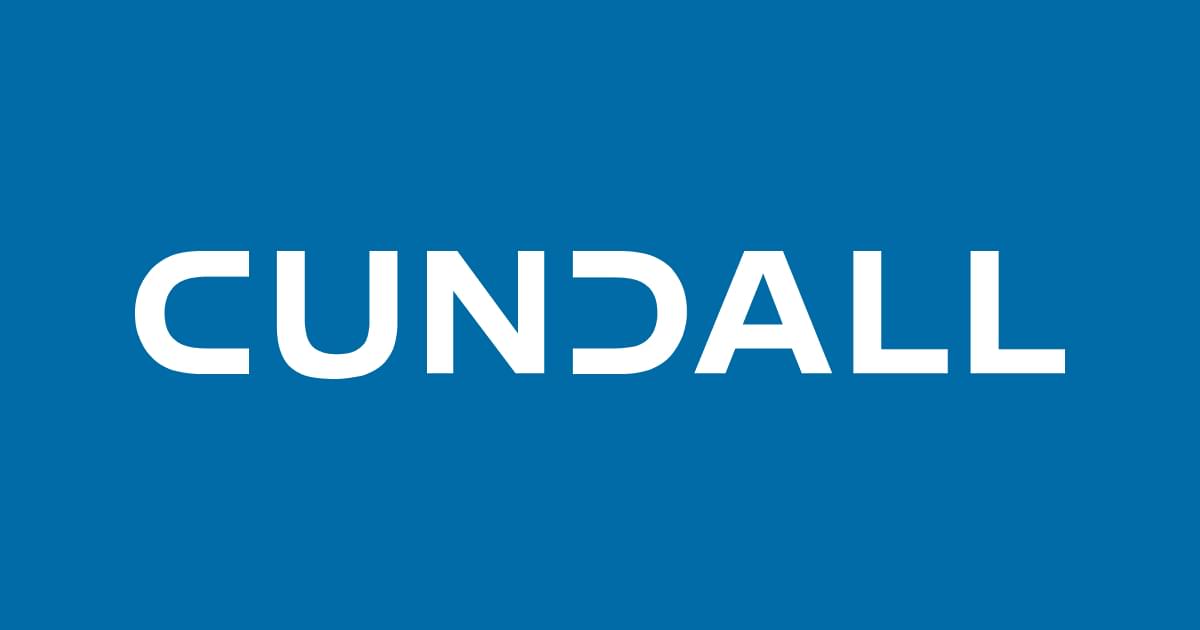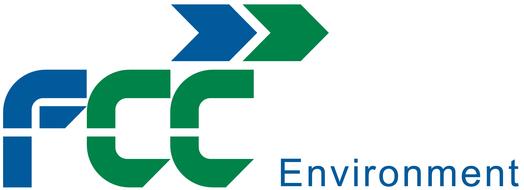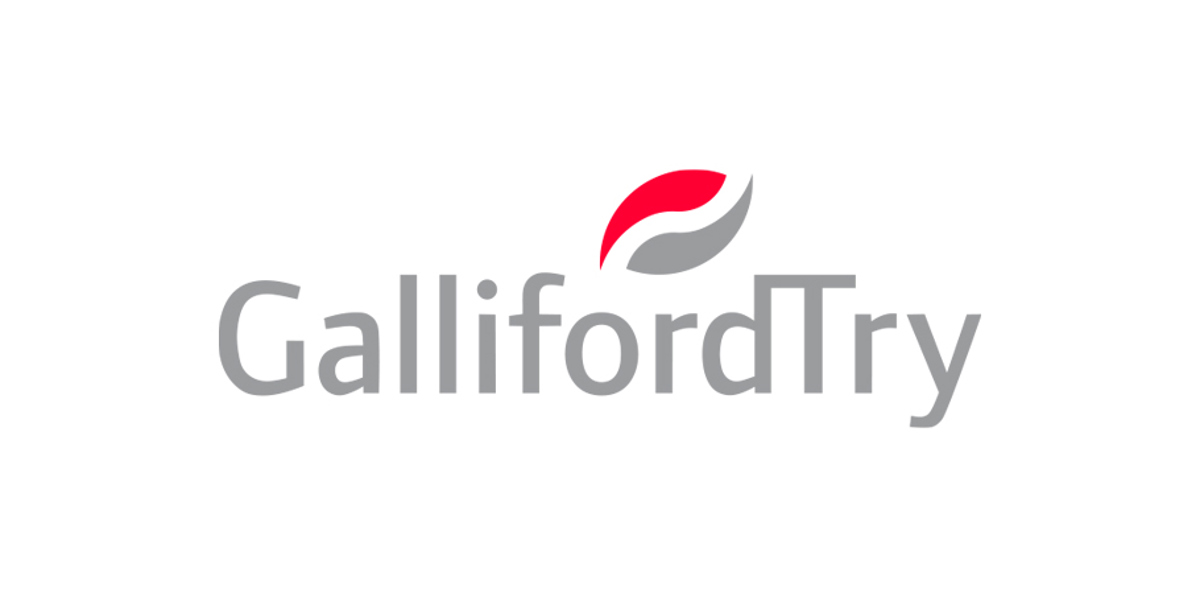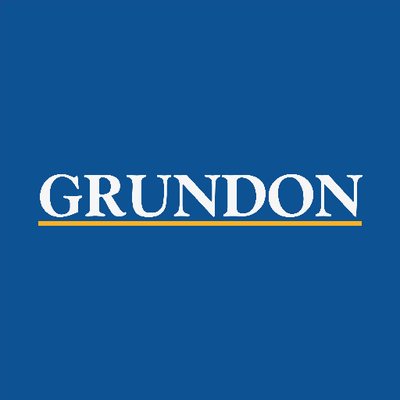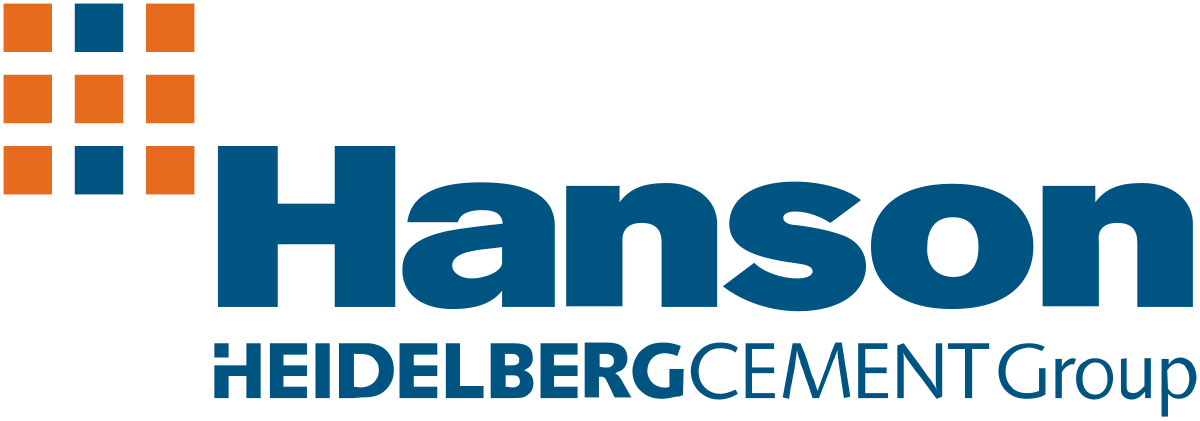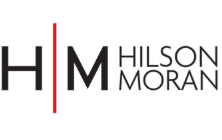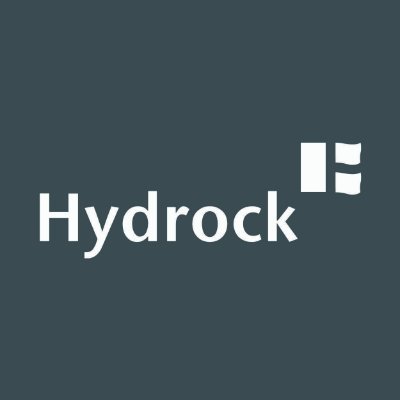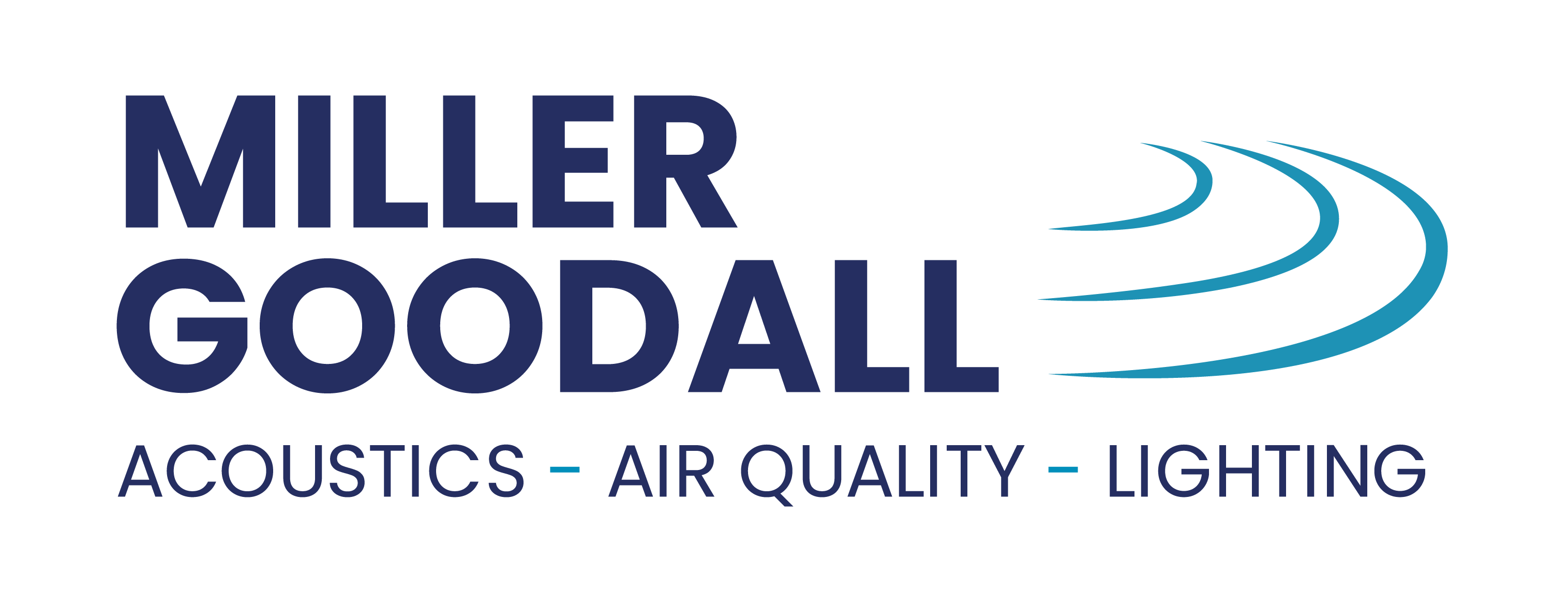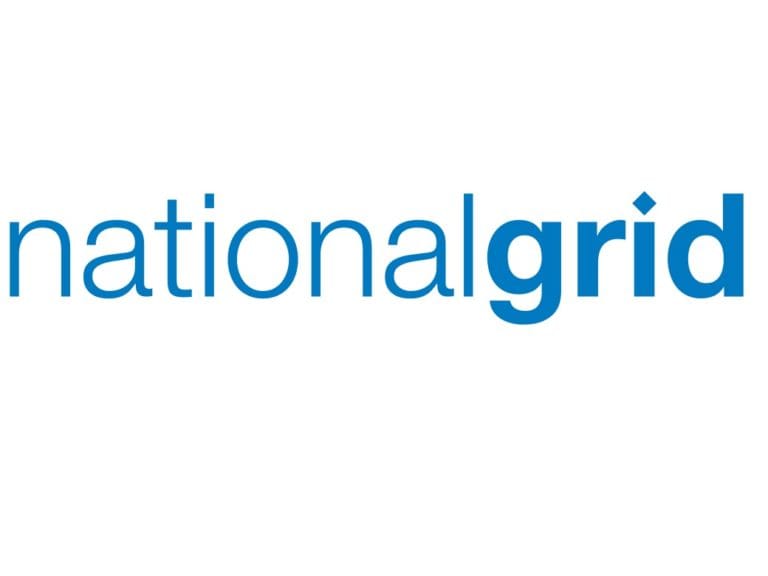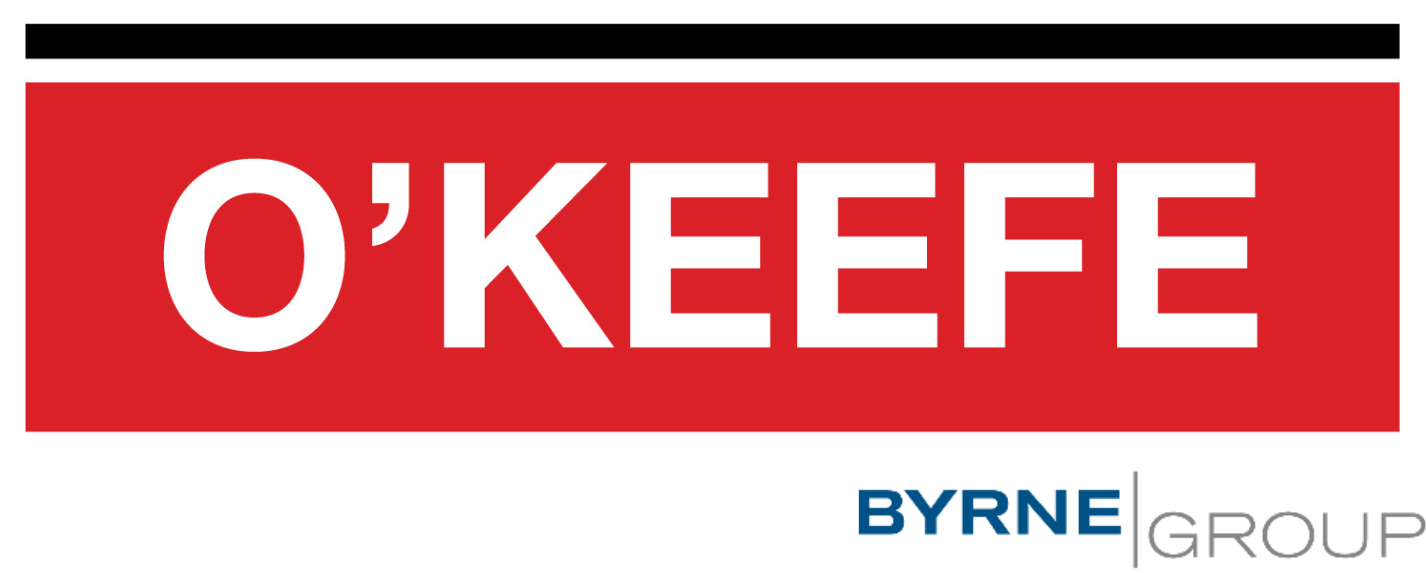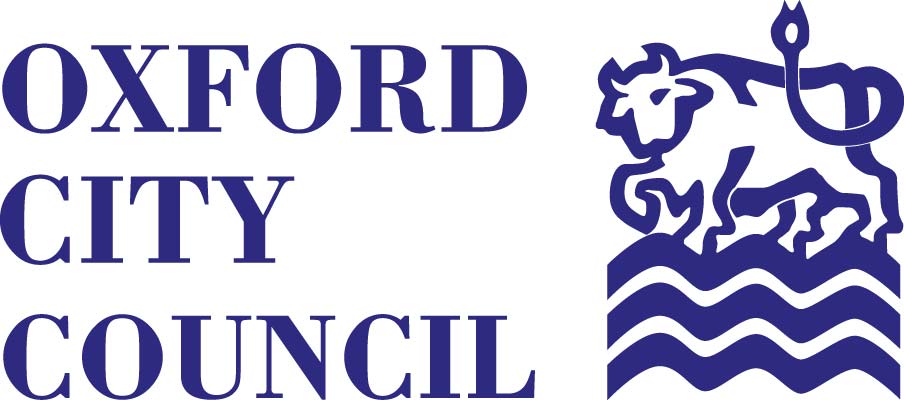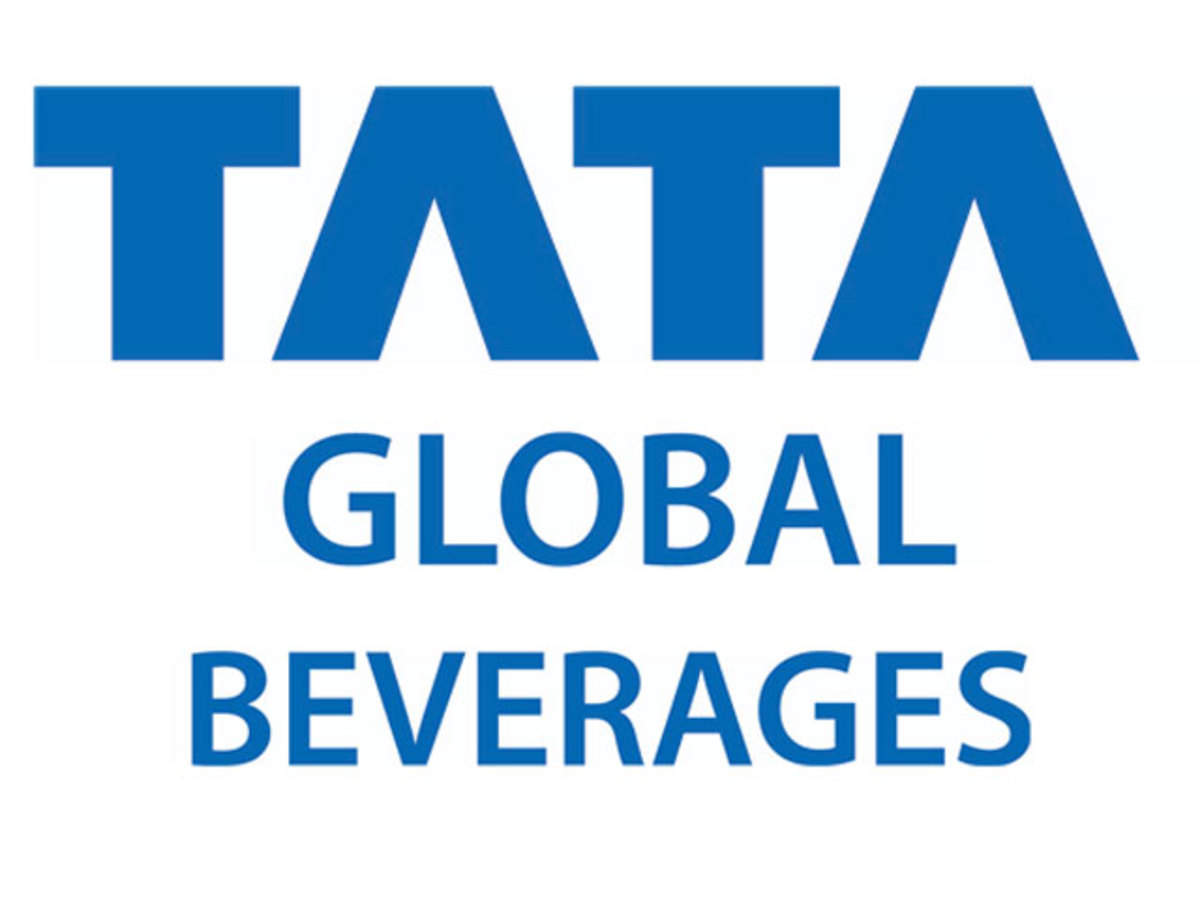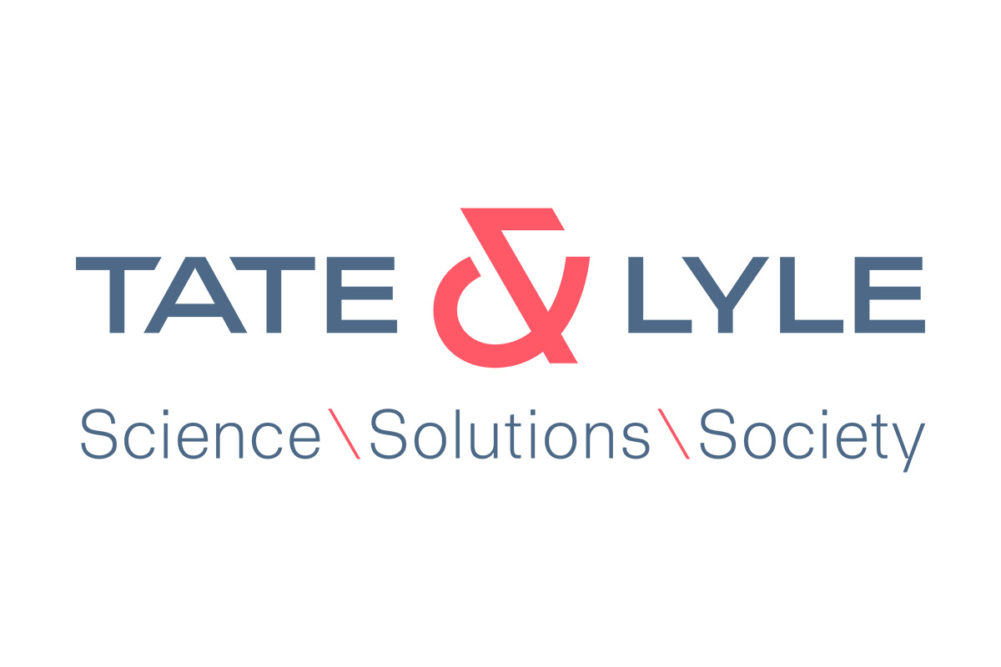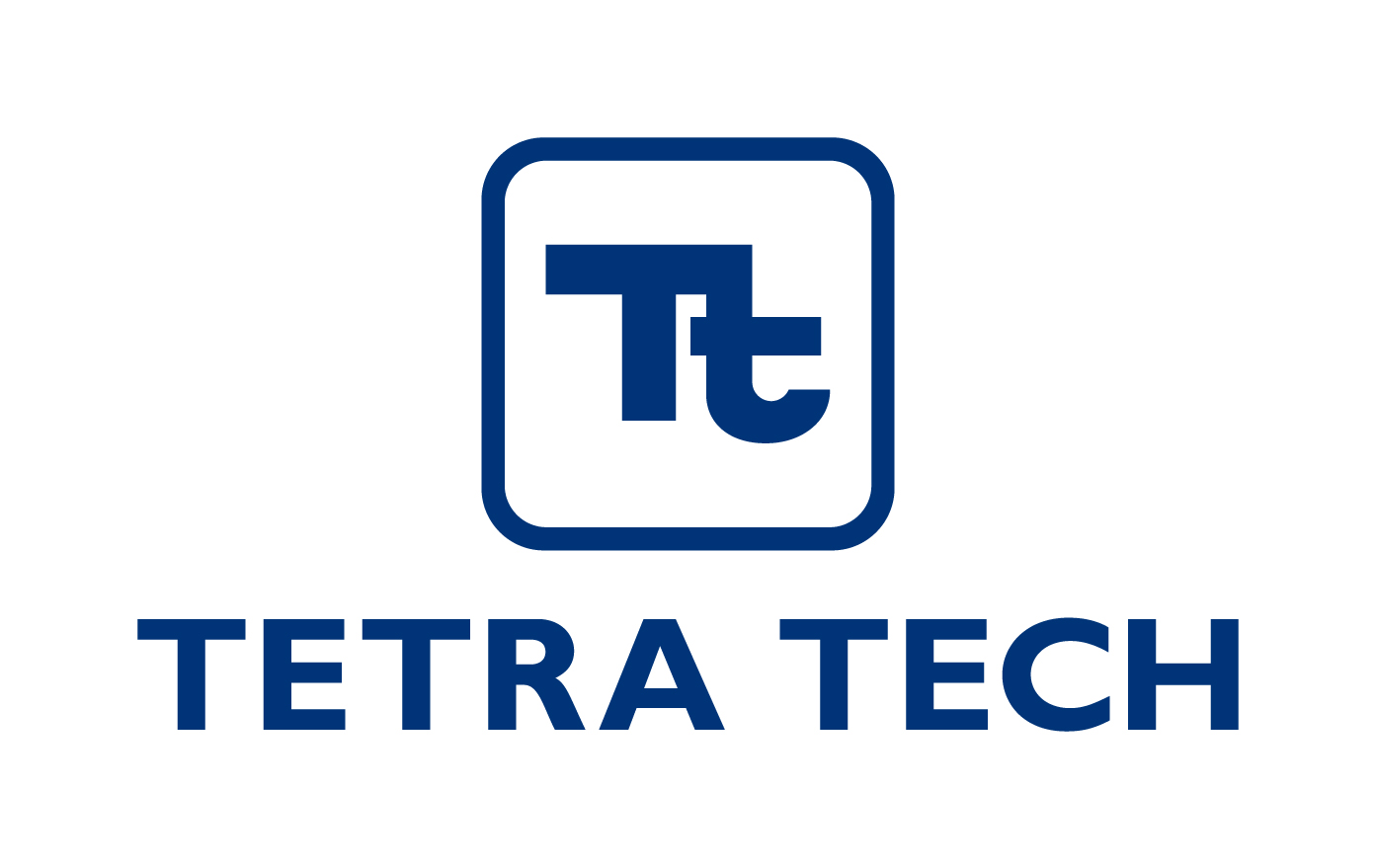Expert Dust and Air Quality Consultancy Services
DustScanAQ offers comprehensive air quality services and consultancy to meet a wide range of client needs, including planning, permitting, and compliance. With years of experience in environmental consultancy, our team provides expert guidance to help clients navigate air quality and broader environmental management challenges.
Air quality assessments are a key requirement by local authorities as part of planning applications. These assessments are increasingly needed to validate planning applications, particularly in London. Our assessments evaluate the suitability of a proposed development site based on existing pollution levels, as well as the impact of the development on local air quality, especially concerning residents and vulnerable populations.
These assessments are essential for various sectors, including residential developments, quarries, and biomass plants. When conducting air quality assessments, the pollutants of concern typically include nitrogen dioxide (NO2) and particulate matter (PM10 and PM2.5), which are commonly associated with transport and solid fuel burning. These pollutants are managed by local authorities under the Local Air Quality Management (LAQM) framework.
DustScanAQ’s approach to air quality assessments and reporting is grounded in a thorough understanding of the legal framework and best practices in air quality management. We ensure our work is backed by high-quality scientific research and, when needed, detailed dispersion modelling to assess pollutant impacts accurately.
Our air quality consultancy services are supported by advanced monitoring equipment, including in-house devices and laboratory facilities. The demand for real-time monitoring of small particulate matter (PM2.5 and PM10) is increasing, especially for managing emissions from construction and mining sites. We help our clients source the most appropriate air quality monitors for their specific applications and offer flexible monitoring solutions, including solar-powered setups for off-grid locations. Our air quality consultants analyse the collected data to provide valuable insights, helping clients understand emissions and improve mitigation strategies.
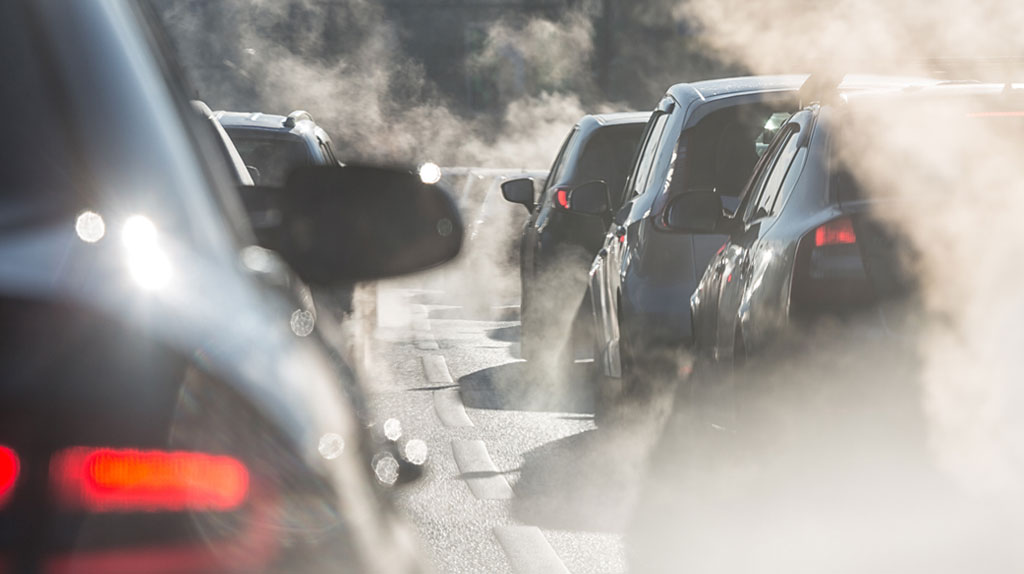
Assessment
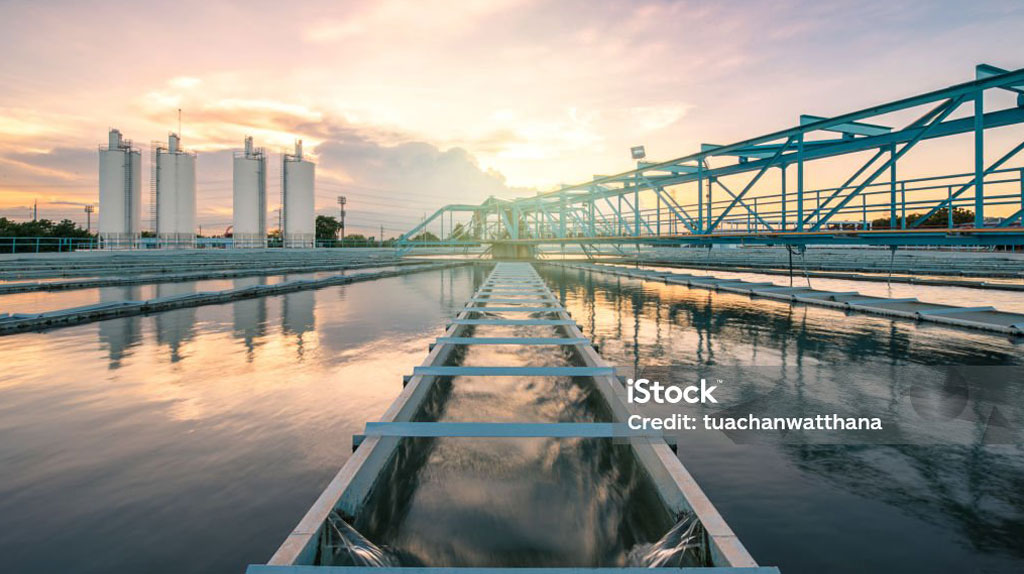
Odour
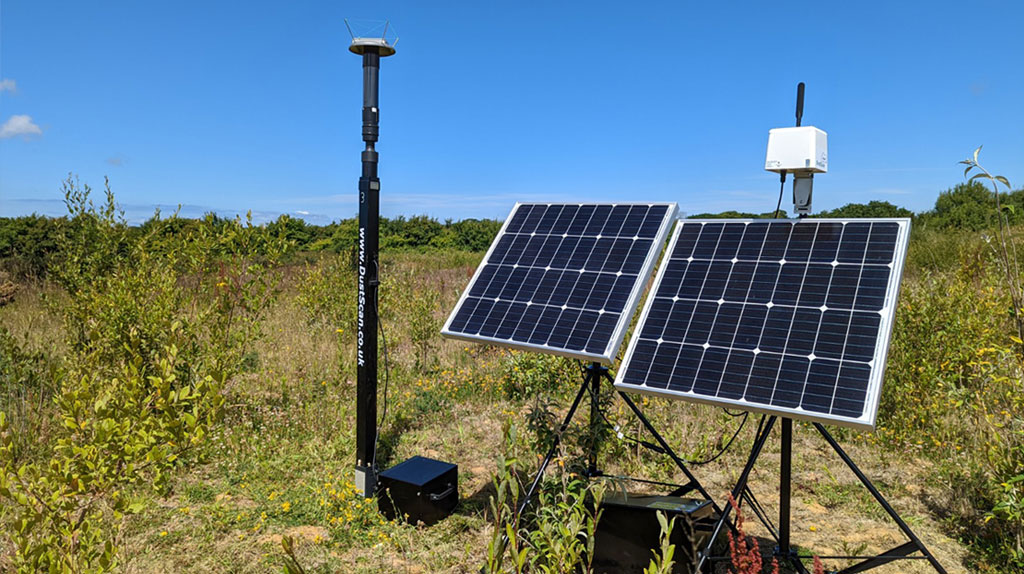
Monitoring
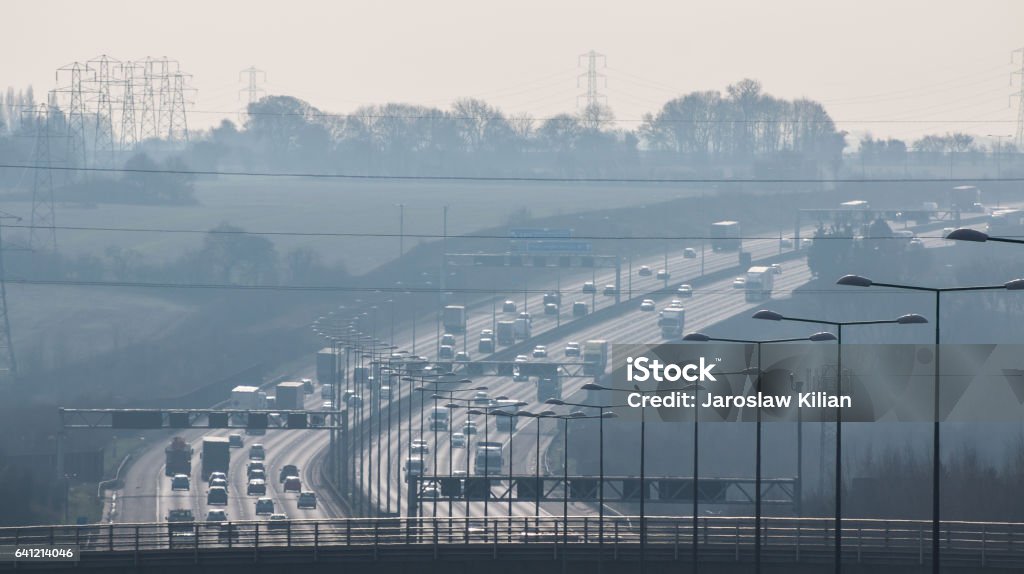
Guidance
Air Quality Case Studies
The business was formed in 2004

We are employee owned
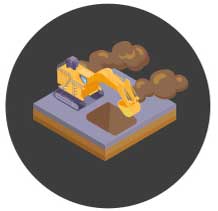
Over 145,000 samples analysed


